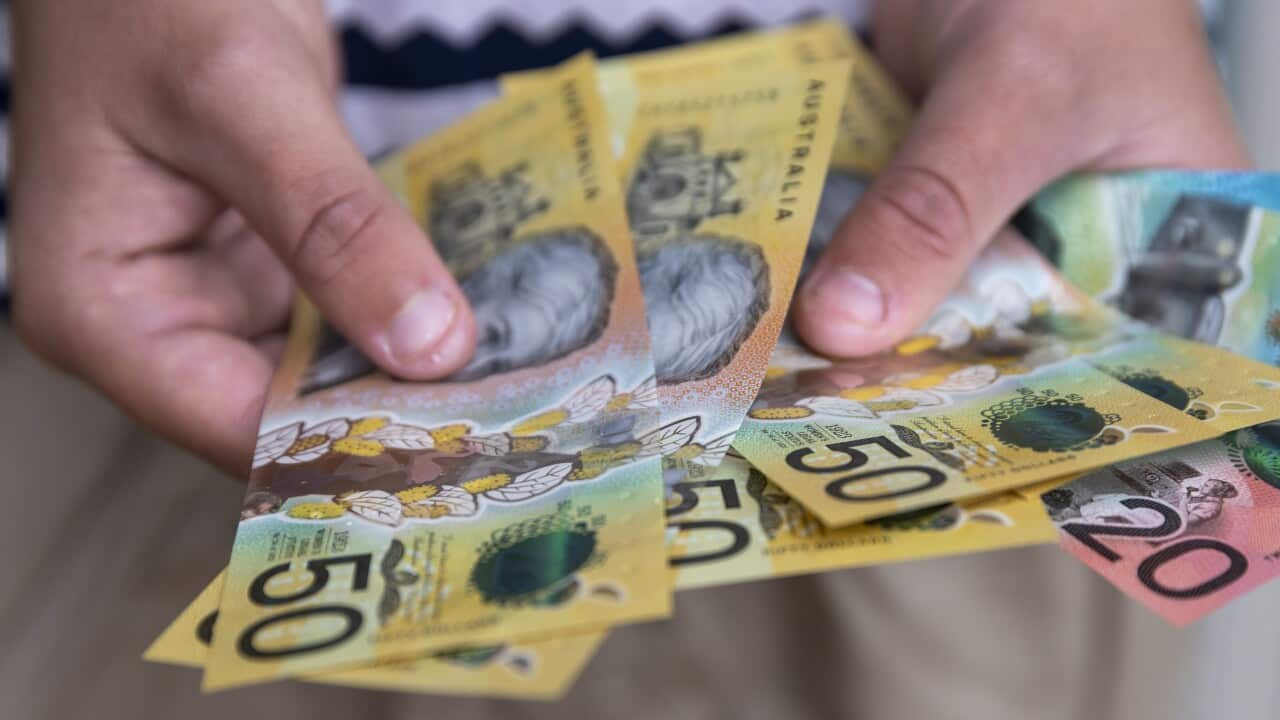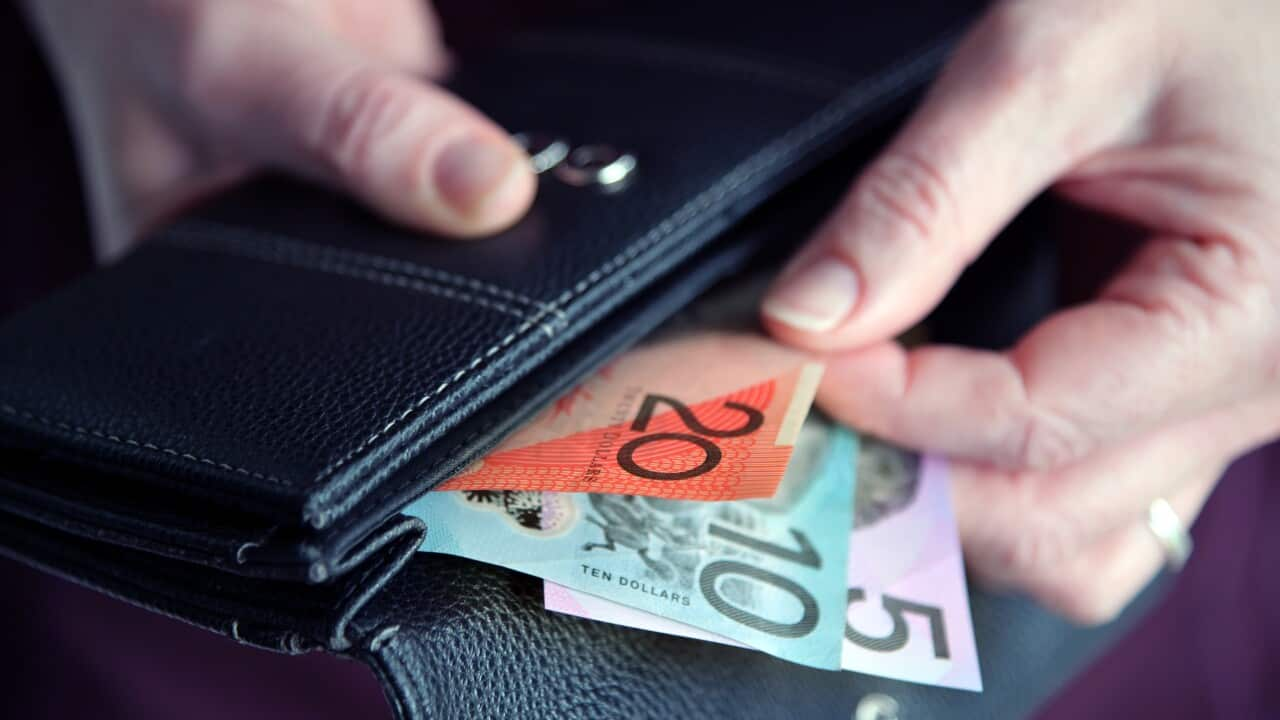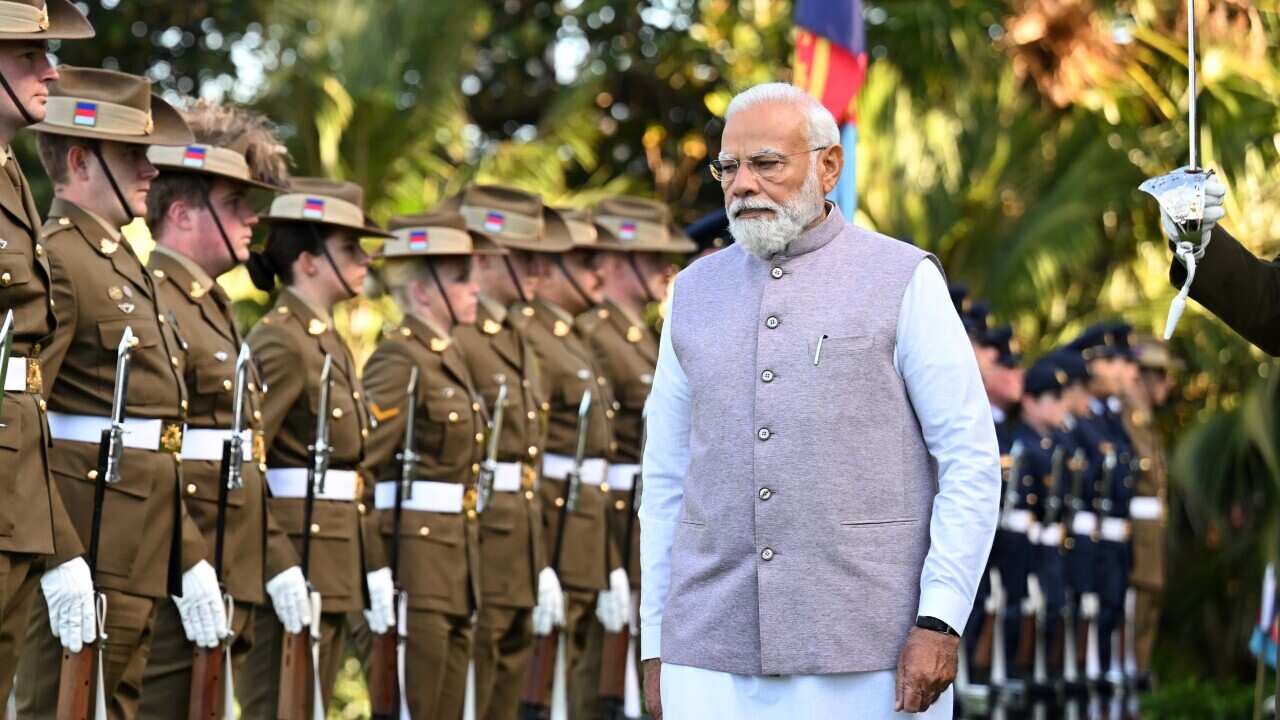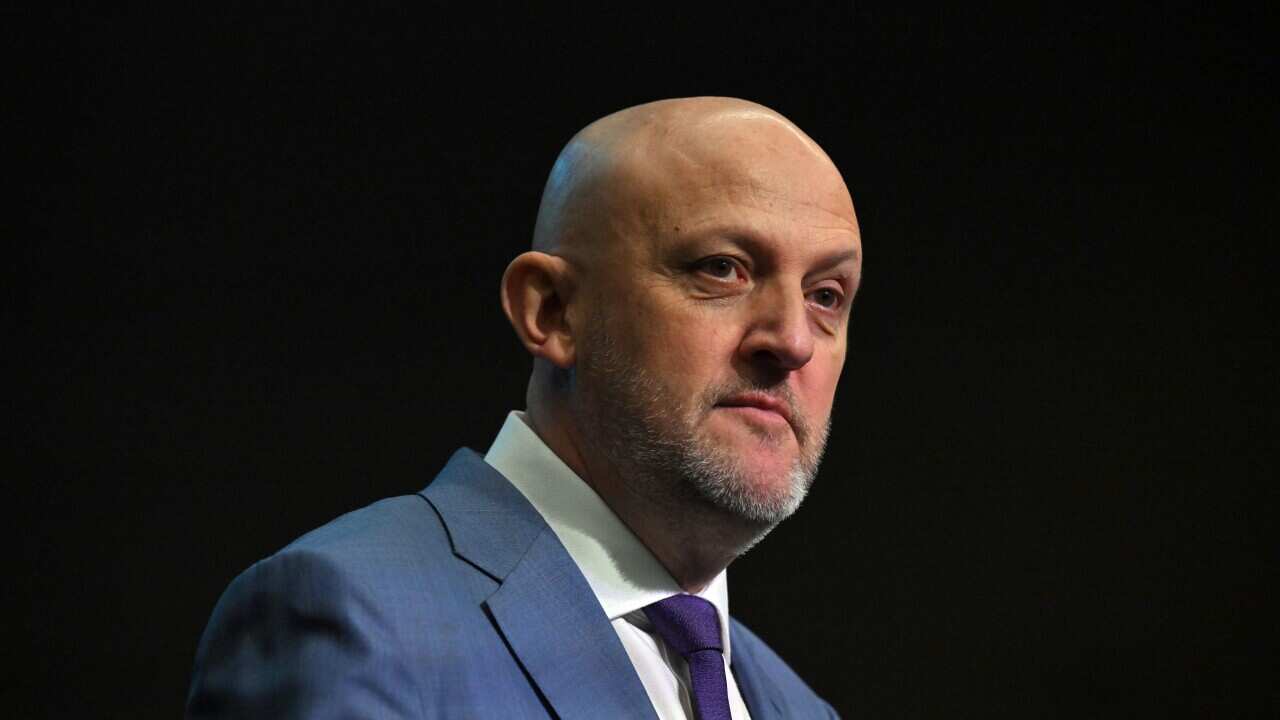Key Points
- The Fair Work Commission will review the minimum wage, taking submissions from government, business and unions.
- Treasurer Jim Chalmers has said the increase needs to keep pace with inflation but has not revealed a percentage.
- Proposed increases range from 2 to 5 per cent, as unions and businesses put forward their case.
Unions and business groups are at odds over how much Australia's minimum wage should increase to alleviate cost of living pressures.
The federal government has suggested the annual wage increase needs to keep pace with the economy, with inflation sitting at 4.1 per cent, but has not revealed a specific percentage.
Treasurer Jim Chalmers said a boost was vital to keep up with the cost of living pressures and to ensure "low-paid workers in this country don't go backwards".
The Fair Work Commission's annual wage review decision affects the national minimum wage and Award pay rates, which about a quarter of all Australian workers receive.
The Australian Council of Trade Unions (ACTU) has called for a 5 per cent, which would lift the minimum hourly rate to $24.39, or $48,200 a year for full-time workers.
ACTU secretary Sally McManus said the lowest-paid workers were the hardest hit by inflation and businesses could afford the 5 per cent rise in wages.
"When inflation goes up businesses are able to adjust their prices to protect their margins, but workers' pay does not move so easily," she said.

ACTU secretary Sally McManus said the current minimum wage was not keeping up with the cost of living. Source: AAP / Diego Fedele
Meanwhile, the Australian Chamber of Commerce and Industry (ACCI) has advocated for an increase of no more than 2 per cent. That would take the minimum wage hourly rate to $23.69, or $46,823 a year for full-time workers.
ACCI chief executive Andrew McKellar said that inflation has been moderating since its peak of 7.8 per cent in 2022 while "business conditions have gotten markedly tougher".
"We're seeing investment moving sideways, we're seeing a real sense of pessimism for many in business and importantly, labour demand is also starting to drop away," McKellar told ABC Radio on Tuesday.
"It's getting much harder for businesses to employ people, and for those on minimum wage, it's much better to have a job than to watch others getting a pay rise."
What was the minimum wage increase in 2023?
Last year, the workplace umpire delivered its biggest wage increase in four decades.
The Fair Work Commission citing a combination of low unemployment, falling wages and high inflation for the sizeable boost.
The annual decision factors in economic conditions when setting wages, including cost of living pressures and their financial toll on households.
At the same time, the commission is also alert to the possibility of a wage-price spiral, where inflation expectations cause workers to ask for pay increases and businesses hike prices to cover those costs.
The federal government said the planned should not be viewed as a substitute for a much-needed wage boost for Australia's lowest-paid workers but in addition to it.
Any increase to the national minimum wage will begin in the first full pay period on or after 1 July.
- With additional reporting from the Australian Associated Press.











